Master in Design Studies - Urbanism, Landscape and Ecology

学历文凭
Masters Degree

专业院系
设计与应用艺术

开学时间

课程时长

课程学费

国际学生入学条件
You are required to submit transcripts from all colleges and universities from which you've received credit.
On the TOEFL iBT, our minimum required score is 92, with minimum section requirements of 23. The preferred TOEFL iBT score is 104, with individual section scores of 26 or above. If your score falls between the minimum and preferred, you will be required to take our English language course the summer before you enroll.
On the TOEFL iBT, our minimum required score is 92, with minimum section requirements of 23. The preferred TOEFL iBT score is 104, with individual section scores of 26 or above. If your score falls between the minimum and preferred, you will be required to take our English language course the summer before you enroll.
IDP—雅思考试联合主办方

雅思考试总分
6.0
了解更多
- 雅思总分:6
- 托福网考总分:104
- 托福笔试总分:160
- 其他语言考试:NA
CRICOS代码:
申请截止日期:请 与IDP联系 以获取详细信息。
课程简介
Over the past decade, longstanding disciplinary divides between the urban and the ecological have given way to more fluid, polyvalent and potentially more productive relations. The challenges of the built environment have rarely, at any time, corresponded to traditional disciplinary or professional boundaries. Today, contemporary practices of urbanism are shaped by thinking from subjects as diverse as landscape architecture, geography and economics, while increasingly being informed by sensibilities and stores of knowledge broadly associated with the study of the natural world. In this milieu, the MDes Program invites candidates to examine contemporary practices of design and modes of production as they inform and manifest urbanism. As model and metaphor on the one hand, and as applied science on the other, urban and architectural practices and habits of thought are increasingly engaged with ecological thinking. In this space of intellectual inquiry and advancement of the design arts, the MDes Program aspires to be a leading venue for post-professional studies of contemporary urban practice. MDes candidates in the Urbanism, Landscape, Ecology concentration pursue advanced studies in topics related to contemporary urbanism, landscape, geography, or territory within the broader contexts of the global, social and natural environment. Candidates are invited to construct their own program of study from among the course offerings at the GSD, across the Harvard University campus and at the Massachusetts Institute of Technology. Candidates may propose research topics related to the description of contemporary urban forms, the empirical observation of urban or environmental subjects, the representation of ecological or urban sites and systems, cartographic or projective representations of urban, regional, or global orders, ecological orders as determinants of urban, regional, or territorial spatial organization, the histories and theories of landscape as elements of urban or regional order, infrastructure, logistics and material economies associated with urban or regional form, emergent economic orders and their impact on urban form, energy production and consumption in relation to urbanism, agricultural production and consumption in relation to urbanism, water and waste networks in relation to urbanism, large-scale and ultra-rapid development and emergent forms of modernization and their ecological and economic impacts and possibilities, as well as advanced studies in landscape urbanism, ecological urbanism and weak urbanism.
相关申请

预科

奖学金

实习机会

在校学习

跨境学习

校园授课-线上开始

在线/远程学习
学校排名
世界排名
6
数据源:泰晤士高等教育世界大学排名
关于哈佛大学

先后诞生了八位美国总统,40位诺贝尔奖得主和30位普利策奖得主。哈佛大学商学院案例教学盛名远播。这里也培养了缔造了微软、IBM、Facebook等一个个商业奇迹的人。哈佛大学教学资源之丰富令人咋舌。哈佛大学拥有70个独立图书馆,3000英亩森林研究站,12座教学用博物馆,占地265英亩的植物园,哈佛大学有24座科学研究专用校舍,多个剧院和舞台,41支体育团队,450个学生社团……除此之外,你还能够跨界注册哈佛研究生院与职业学院,甚至邻居麻省理工的课程! 满足哈佛大学本科录取要求的学生SAT Math部分平均成绩在710到790之间;Verbal部分平均得分在700-800之间;平均SAT总分(Combined)为2225,比全美其它各大学的录取平均SAT成绩高出了41.3%。每年约有70%的学生能够获得奖学金,且申请奖学金不会影响申请者被录取的几率。
本校相关课程
公共卫生博士
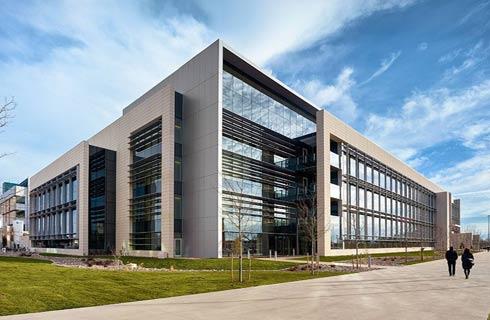
学历文凭
Ph.D.
下一个开始日期
课程费用总额
公共卫生硕士(45学分)
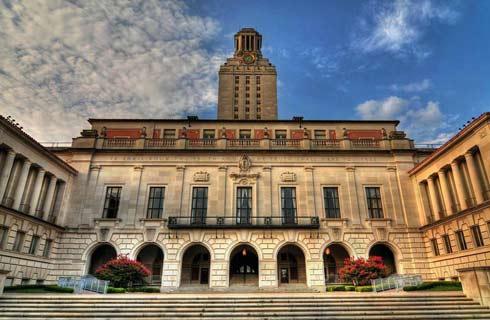
学历文凭
Masters Degree
下一个开始日期
课程费用总额
工商管理硕士/医学博士
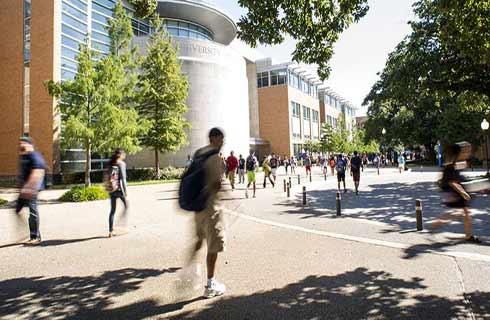
学历文凭
Combined Graduate / Doctoral Degree
下一个开始日期
课程费用总额
法学博士/国际发展公共管理硕士
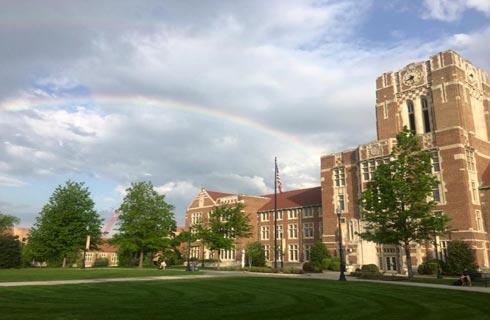
学历文凭
Combined Graduate / Doctoral Degree
下一个开始日期
课程费用总额
法学硕士
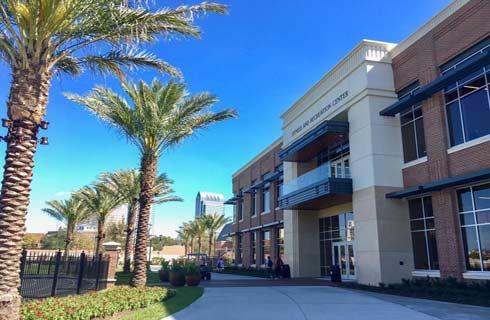
学历文凭
Masters Degree
下一个开始日期
课程费用总额
法学博士
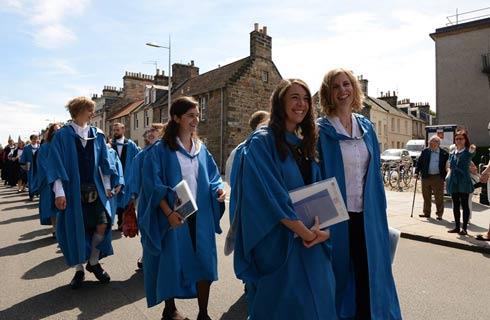
学历文凭
Juris Doctor
下一个开始日期
课程费用总额
其他相关课程
安大略大学平面设计高级文凭

圣力嘉学院
泰晤士高等教育世界大学排名:
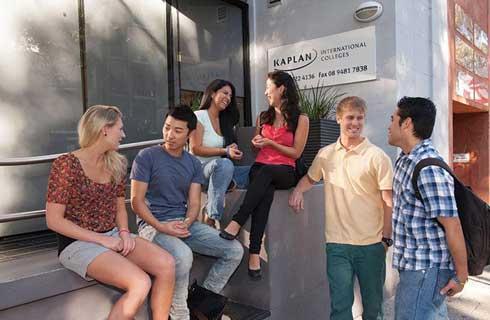
学历文凭
Bachelor Degree
下一个开始日期
课程费用总额
室内设计技术文凭

北阿尔伯塔理工学院
泰晤士高等教育世界大学排名:

学历文凭
Bachelor Degree
下一个开始日期
课程费用总额
服装设计学士学位

多伦多都会大学
泰晤士高等教育世界大学排名:

学历文凭
Bachelor Degree
下一个开始日期
课程费用总额
时尚传播设计学士学位

多伦多都会大学
泰晤士高等教育世界大学排名:

学历文凭
Bachelor Degree
下一个开始日期
课程费用总额
平面设计高级文凭

圣劳伦斯学院
泰晤士高等教育世界大学排名:

学历文凭
Bachelor Degree
下一个开始日期
课程费用总额
图形通信管理技术学士学位

多伦多都会大学
泰晤士高等教育世界大学排名:
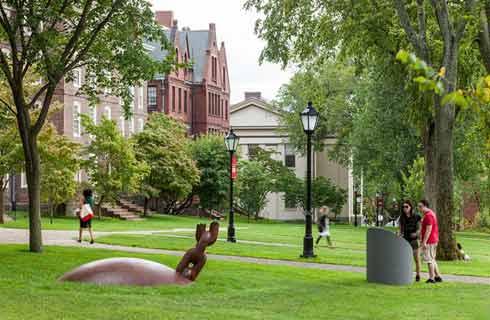
学历文凭
Bachelor Degree
下一个开始日期
课程费用总额




